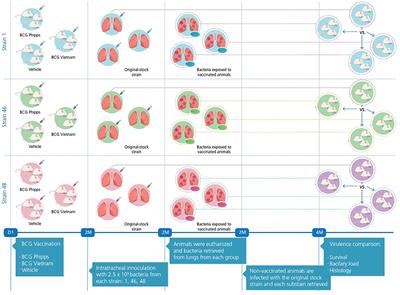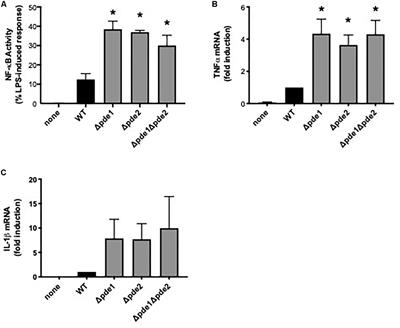EDITORIAL
Published on 18 Jan 2021
Editorial: Outsmarting the Host: How Bacterial Pathogens Modulate Immune Responses in the Lung
doi 10.3389/fimmu.2020.629491
- 1,502 views
- 1 citation
39k
Total downloads
144k
Total views and downloads
EDITORIAL
Published on 18 Jan 2021
REVIEW
Published on 21 Aug 2020

CORRECTION
Published on 17 Jul 2020
ORIGINAL RESEARCH
Published on 19 May 2020

REVIEW
Published on 19 May 2020

MINI REVIEW
Published on 12 May 2020

REVIEW
Published on 12 May 2020

REVIEW
Published on 30 Apr 2020

ORIGINAL RESEARCH
Published on 24 Apr 2020

ORIGINAL RESEARCH
Published on 31 Mar 2020

MINI REVIEW
Published on 25 Mar 2020

ORIGINAL RESEARCH
Published on 18 Mar 2020

